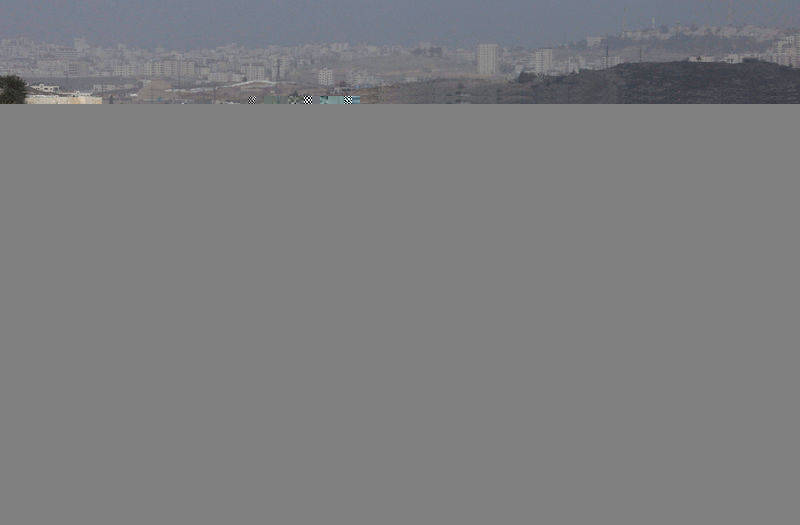By Michael Erman and Jilian Mincer
NEW YORK (Reuters) - Many of the largest U.S. pharmacies and drug distributors do not have Teva Pharmaceutical Industries (NYSE:TEVA) Ltd's generic version of the life-saving EpiPen allergy treatment five months after it was approved for sale in the United States, pharmacy chains and a group that tracks drug shortages told Reuters.
The short supply represents a missed opportunity for Teva to compete with Mylan (NASDAQ:MYL) NV in a roughly $750 million a year U.S. market. Mylan's EpiPen dominates that market, but has been in short supply since May, leaving many patients and their families keen for alternatives.
"The generic version of EpiPen Auto-Injector is currently available and we are continuing to build supply," Teva said in an emailed statement. "We are actively manufacturing and shipping product throughout the country."
The company did not say why its drug was in short supply.
Israel-based Teva, the world's largest generic drugmaker, received U.S. approval for its version of EpiPen in August after several years of delay. At the time, the company pledged its "full resources to this important launch in the coming months."
The U.S. Food and Drug Administration hailed the product as a lower-cost option for patients who depend on access to the EpiPen and similar handheld devices that make it easier to deliver epinephrine in the case of a severe allergic reaction, such as to bee stings or exposure to peanuts.
Mylan's EpiPen has been in short supply due to manufacturing problems at the lone Pfizer Inc (NYSE:PFE) plant that makes the auto-injectors.
"We are continuing to get panicked phone calls from parents because they can't get epinephrine for their kids," said Kim Mudd, nurse manager of Johns Hopkins University's pediatric allergy unit.
In late November, Teva said its generic EpiPen for adults was available in limited supply in the United States and promised that more of the product, as well as a version for children, would be available in 2019. Reuters checks in late January suggest that even the available supply has dwindled.
"We get reports from pharmacies and we've been able to confirm with the suppliers that they are on back order," said Erin Fox, a professor at the University of Utah.
Fox maintains an independent drug shortages list for the American Society of Health-System Pharmacists (ASHP), and added the Teva version of EpiPen to the roster this week. The device also appears on the FDA list of drugs in shortage.
CVS Health Corp (NYSE:CVS) said it had received limited supplies of the Teva device late last year, but does not currently have any in stock. Walmart (NYSE:WMT) Inc is not currently carrying Teva's EpiPen in its pharmacies, according to a source familiar with the matter.
Fox said pharmacies are also currently unable to order the devices through major distributors Cardinal Health Inc (NYSE:CAH) or AmerisourceBergen (NYSE:ABC) Corp. An AmerisourceBergen spokeswoman declined to comment and Cardinal Health did not immediately respond to a request for comment.
Walgreens said it currently has limited supply of certain generic epinephrine products, including Teva's, in some of its pharmacies. Cigna (NYSE:CI) Corp's Express Scripts (NASDAQ:ESRX) unit said it has limited supply of the Teva devices in its home delivery pharmacy.
POTENTIAL PROFIT-BOOSTER
Wall Street has viewed the EpiPen rival as a welcome profit-booster for Teva as it contends with sharply declining U.S. margins for its older generic medicines and a series of costly acquisitions. The drugmaker has fired thousands of employees and worked to reduce its debt.
When the device's approval was announced last year, Teva's U.S.-listed shares jumped about 6 percent. Wall Street analysts suggested then that it could add $250 million to Teva's revenue annually, and account for an additional 4 cents to 6 cents per share in earnings.
Analysts, on average, expect the company to post earnings per share of $2.80 in 2019, according to IBES data from Refinitiv.
Teva's devices represented only 3 percent of the EpiPen market for the week of Jan. 18, according to a research note from Leerink citing IQVIA data on prescription volume. That is down from 7 percent a month earlier and compares with roughly the 64 percent market share held by Mylan's branded and authorized generic EpiPens.
Lisa Gable, chief executive of patient advocacy group Food Allergy Research & Education, had hoped Teva's approval would help alleviate the shortage of EpiPen devices, particularly as families look to renew prescriptions ahead of summer camp or the new school year.

"The community has been affected by shortages because of a relatively small supplier base," Gable said.